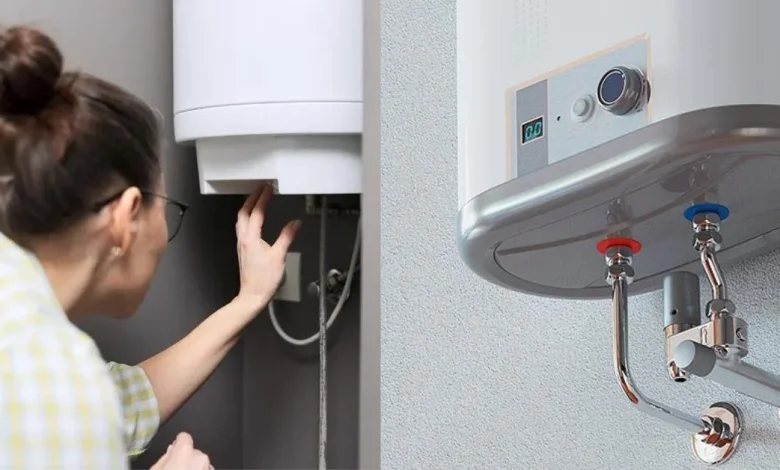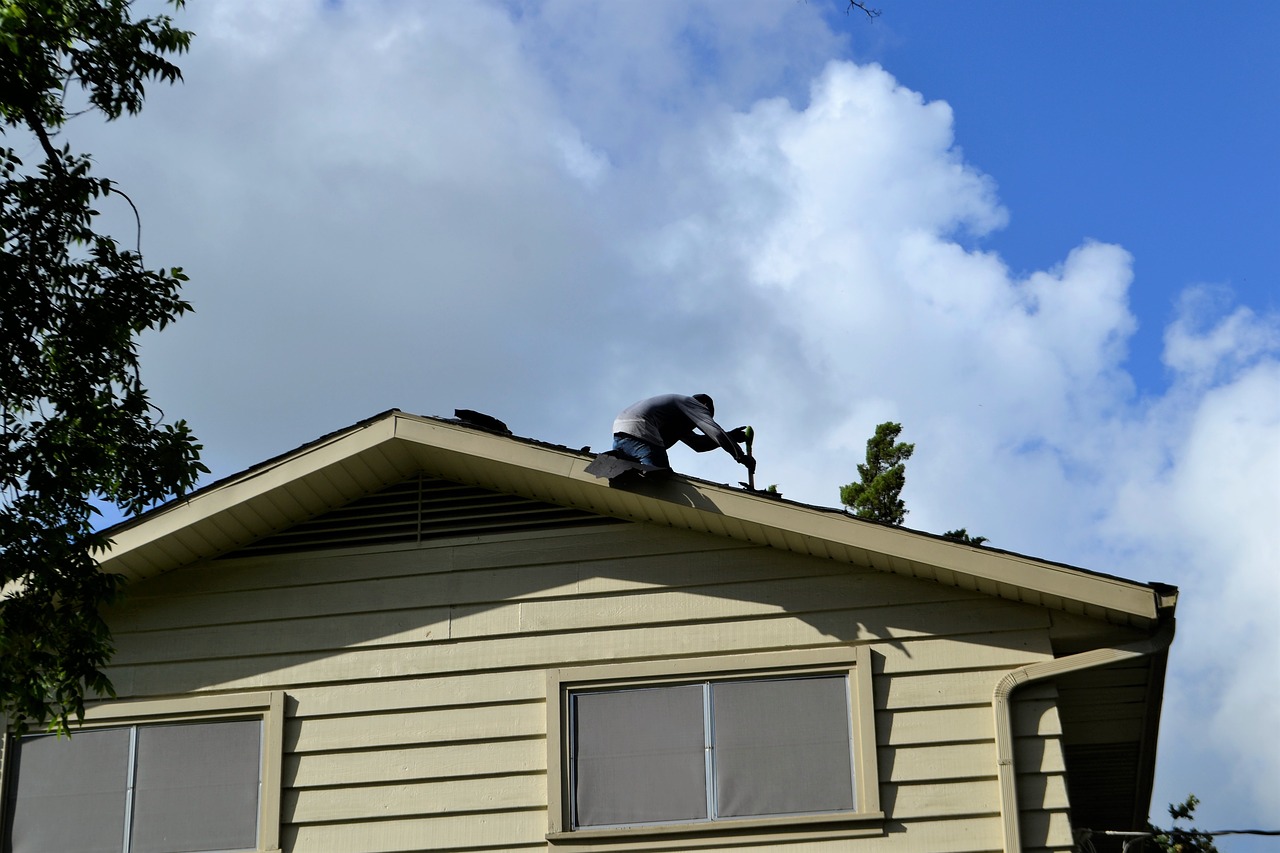Water Heater Lifespan: What To Expect And How To Maintain

The lifespan of a water heater hinges on several factors including type, usage and how well you take care of it. Understanding these aspects can be very constructive and help homeowners prep for when it’s time to get a new one. That way, they’re never left in the cold without hot water. Below, we’ll explore common water heater types, their lifespans and what you can expect in terms of maintenance.
Let’s start with tank water heaters. These are pretty common and usually last between 8 to 12 years. They work by keeping a tank full of water hot all the time, which can use up a bit more energy and wear the system down quicker. To stretch their life a bit longer, it’s a good idea to flush the tank regularly to clear out sediment and check the anode rod to fend off rust. They’re cheaper upfront, but you might find yourself replacing them more often than other types.
Next up are tankless water heaters — or on-demand heaters — which heat water only as you need it. This makes them more energy efficient and they can last anywhere from 15 to 20 years — that’s nearly double the life expectancy of tank models! The catch? They’re pricier to set up and might not handle the hot water needs of a bigger household. In places with hard water, regular descaling is critical to keep them running smoothly and efficiently.
Hybrid water heaters are another cool option. Mixing heat pump technology with traditional tank methods, these guys are generally good for about 13 to 15 years. They pull heat from the air around them to warm up water, which can save a lot of energy compared to regular tank heaters. However, their efficiency might dip depending on the climate, and they need consistent upkeep as well, such as yearly checks and regularly topping off the refrigerant.
Solar water heaters are the green champs, using the sun’s energy to heat your water. Their lifespan swings widely — anywhere from 10 to 25 years — based on the system and how well it’s maintained. They’re best for sunny locales and can slash your energy bills significantly. Just remember, they might need a backup plan for less sunny days and should be placed in a spot that catches plenty of rays. Keeping the solar panels and system in check is key to making them last.
Heat pump water heaters are another energy-saver, using electricity to move heat around instead of generating it directly. They can cut energy use by up to 60% compared to older models and typically last about 15 years. The trade-off is the higher initial cost and the need for a good chunk of space for installation. Regular maintenance is important here too, so that everything runs like a charm.
As you’ve read, there are quite a few things that can affect how long your water heater will stick with you. However, by choosing the right model, scheduling routine service and staying current with upkeep, you can extend your water heater’s life.
For a closer look at water heater lifespans, check out the accompanying graphic by Absolute Rooter & Plumbing for detailed insights as well as signs it may be time to replace your unit.





